READY TO GET STARTED?
REQUEST A FREE ESTIMATE
Fill out the form below or call (888) 466-7849 for a free, no-obligation estimate.
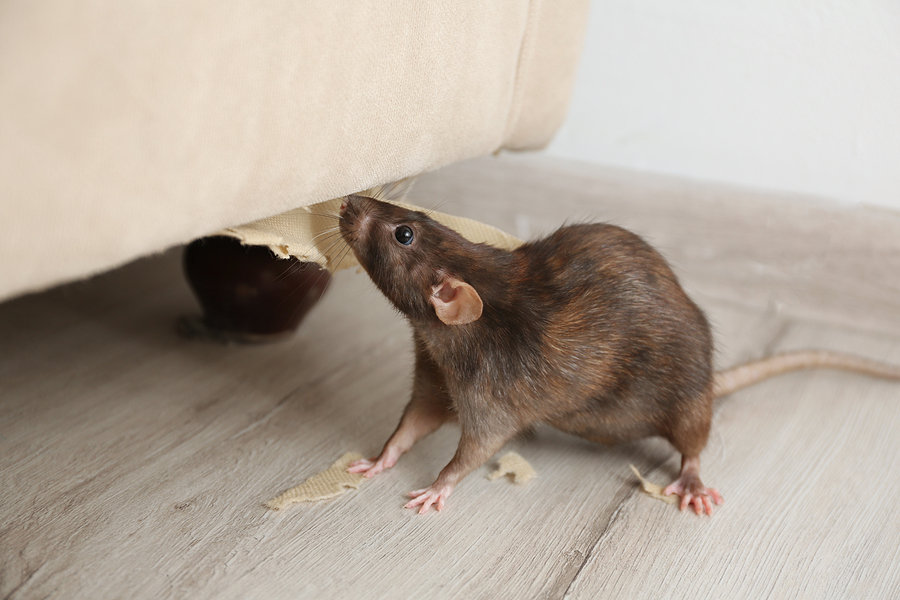
The last thing any homeowner wants to deal with is pests. A household pest is any insect or animal that is commonly found in a household structure that can cause destruction to the property or to your health. While the occasional critter can make its way inside, routine occurrences indicates the likelihood of an infestation. Fortunately there are some DIY pest control tips you can use at home to help prevent these pests from taking over. Here are a few of the most common household pests and how to prevent them.
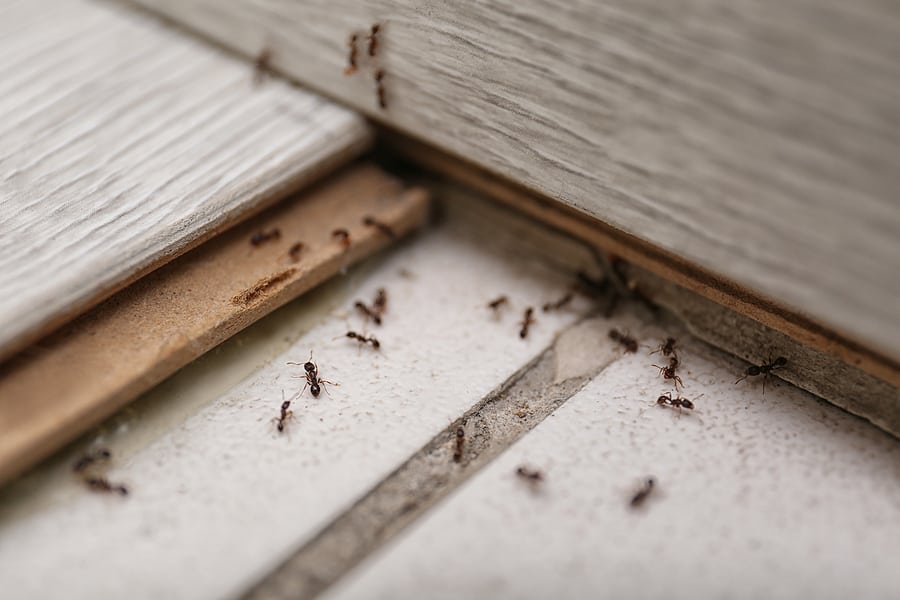
Most ants don’t cause any structural damage to your home (with the exception of carpenter ants). They are, however, the #1 nuisance pest in the United States. Ants are difficult to control because their colonies are so large. These pests typically come indoors in search of food and water and can usually be found near these sources in your home – especially in kitchens and bathrooms. Prevent ants by:

Birds are not usually considered nuisance pests but their nests can obstruct common areas of your home and their droppings can contaminate or damage other areas. Birds usually enter your home in search of food and shelter. Prevent birds by:

Cockroaches are dangerous to humans as they are known to carry serious diseases and trigger both allergies and asthma. These pests multiply quickly, making them very difficult to control. Roaches will come into homes in search of food, water, and shelter, with them often found in kitchens, bathrooms, and laundry rooms. Prevent roaches by:
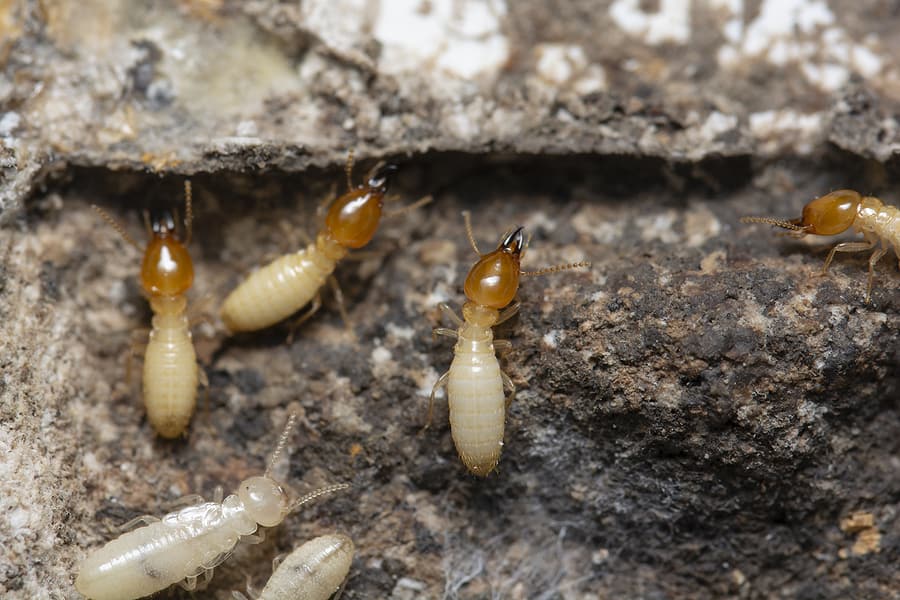
Termites are known as silent destroyers, eating wood from the inside out and going undetected for long periods of time. Common signs of termites include swarms; mud tubes; discarded wings; discolored drywall; peeling paint; wood with a hollow sound when tapped; squeaky floorboards; doors and windows that stick; damaged wood; loose tiles; and buckling floors. Prevent termites by:
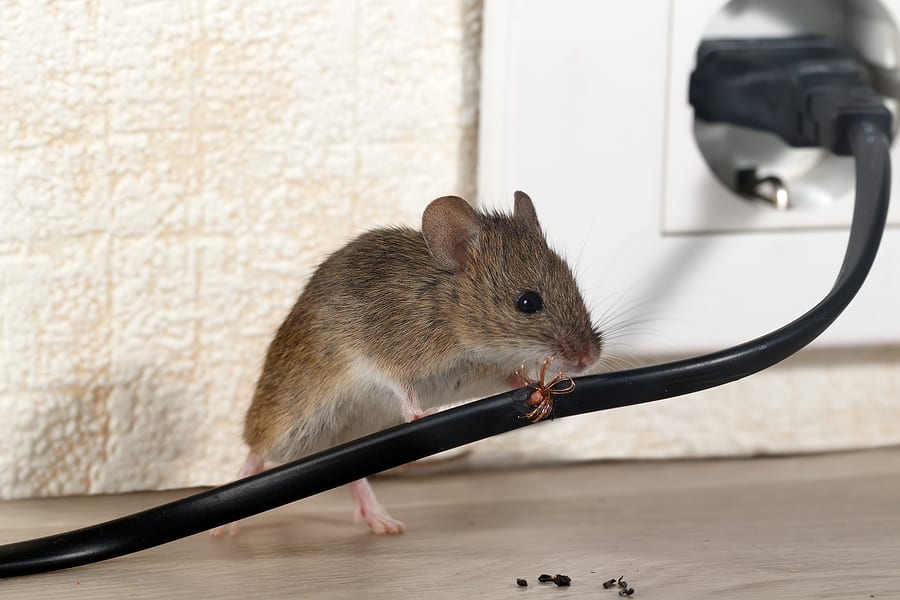
Rodents are common household pests and include rats, mice, squirrels, and raccoons. Rodents can cause significant damage to your property by chewing through electrical wires and insulation. They can also contaminate food and spread disease. Prevent rodents by:
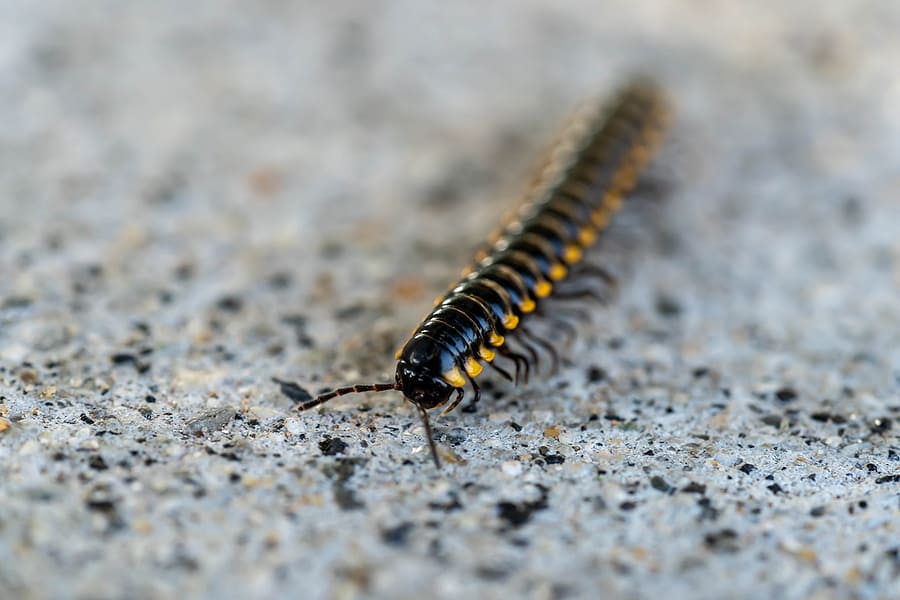
Centipedes are arthropods with 14 or more body segments and one pair of legs per segment. Millipedes are also arthropods but they have 2 pairs of legs on their body segments. Neither of these pests are considered dangerous and don’t cause damage or spread disease. They can, however, be annoying if they infest in large numbers. Both of these pests thrive in moisture-rich environments. Prevent centipedes and millipedes by:
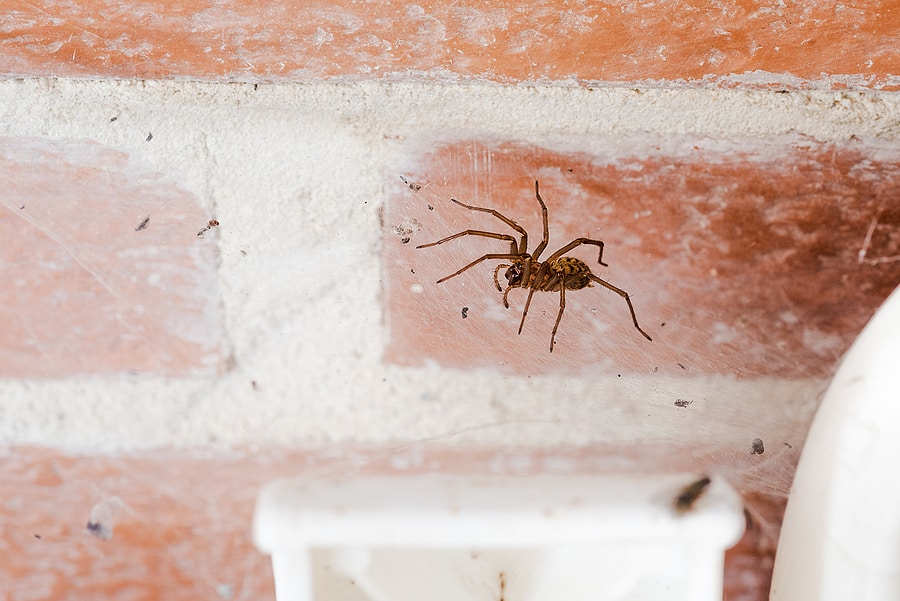
Although there are a few venomous spider species in our area, most spiders that make their way into your home are harmless (and even beneficial by eating other pests)! Prevent spiders by:
The key to household pest control is prevention. By taking these steps early, you can head off an infestation before it starts. If you have a problem with any household pests, contact your local pest control company for a free evaluation and comprehensive treatment plan.
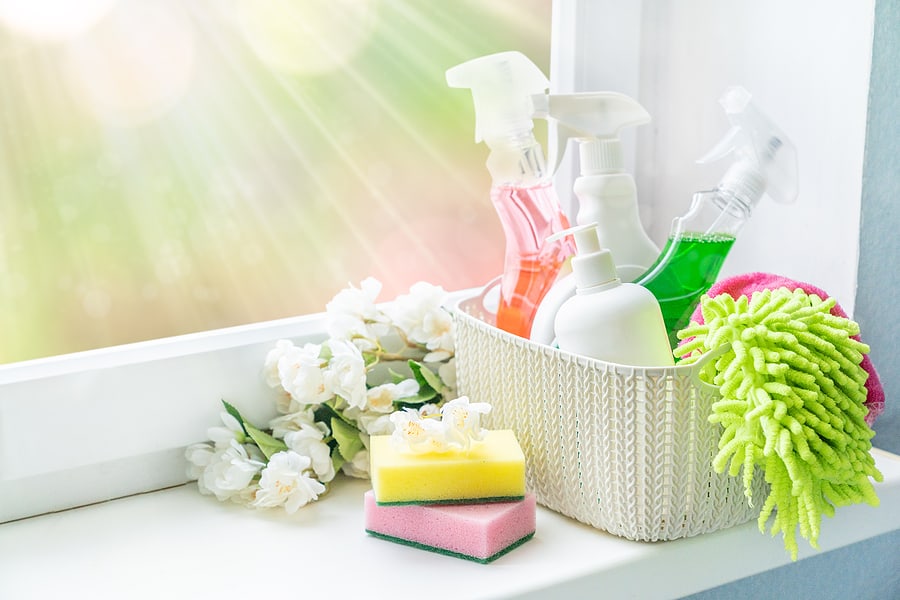
Spring is a perfect time to tackle home projects and deep clean the entire house! With warmer weather expected, it’s essential to get your home prepared and cleaned to make sure spring pests don’t infest!
For many, the kitchen is the heart and main area of the household. Family members gather, cook, and eat in this space, making the kitchen the ideal place for pests to take advantage of both food and water sources that are left behind. Pests like ants are known to infest the kitchen for these things they need to survive. Beetles and Indian meal moths are also searching for a food source, usually in pantries. To keep all these pests out, homeowners should make cleaning a priority all year long. Wipe down countertops after any spills or mess and clean up any food crumbs that might have dropped. Consider going through the kitchen pantry monthly to discard any expired items and wipe down the pantry shelves.
Keeping moisture out of your bathroom can sometimes feel impossible. Roaches and silverfish are two pests that are highly attracted to moisture and often found in the bathrooms of homes. With a little preparation and cleaning, every homeowner can eliminate moisture to keep these pests at bay. Check under the sinks and around the tub to ensure there are no leaks. Keep the bathroom decluttered by cleaning out the medicine cabinet and washing the shower curtain and liner.
Basements and crawlspaces are both dark and cool, making them the perfect place for pests to take refuge. Rodents and spiders are commonly found in these places and will often seek clutter and dark corners to hide in. Going through and eliminating cluttered items and belongings stored in the basement will help keep deter these pests. If storage is needed, avoid using cardboard boxes and use plastic bins with secure lids instead.
Keeping pests out of your home can sometimes feel impossible. If you notice more pests in your house than you can handle, consider reaching out to your local pest control company. These trained professionals can help identify the pests, provide a prevention plan, and treat areas as needed.
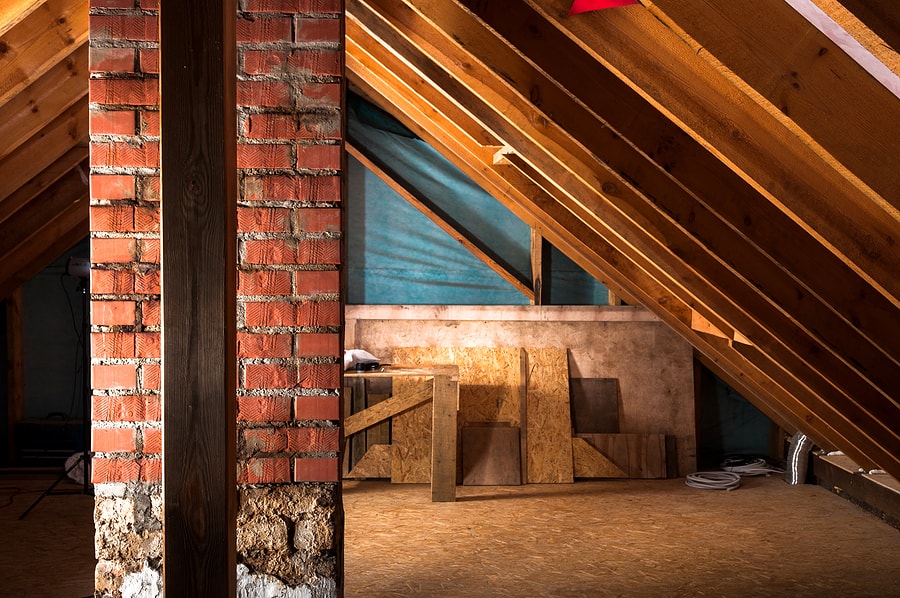
Main living areas such as kitchens, bathrooms, and bedrooms are all places that homeowners want to ensure are pest-free and wildlife-free year-round. While these spaces are always important to keep free of pests, it’s equally important to prevent them from entering the “forgotten rooms” in your home, as well. These forgotten areas include your basement, attic, and even extra storage rooms. Unfortunately, many homeowners are so focused on keeping the main living areas pest-free that they sometimes forget these other areas too.
Wildlife critters and household pests are looking for three things: water, food, and a warm environment. These three elements are easily available inside every home. Your attic is the perfect room for wildlife to make their home and for a pest to infest. Wildlife such as raccoons, squirrels, and birds can make their way through any openings or gaps leading into the attic. Sealing up any entry points is always a great start for wildlife prevention. Check your attic for any holes or gaps and seal them up immediately. In addition, inspecting your attic insulation is key to household pest prevention. Proper attic insulation can help prevent bugs such as roaches or ants from making their way inside.
Basements will often contain moisture by way of standing water, which provides pests and wildlife a plentiful water supply. Water is one of the main sources of attraction for pests like termites and millipedes. Cutting down moisture is essential to pest prevention. A moisture barrier for your crawlspace and a gutter protection system for your roof are great investments to help eliminate any standing water. These investments both help ensure that water is not filtering into your crawlspace and basement area.
If you suspect that you have a pest or wildlife infestation in your home’s “forgotten areas,” consider reaching out to your local pest control company. A professional will inspect these areas and provide you with a prevention and treatment plan.